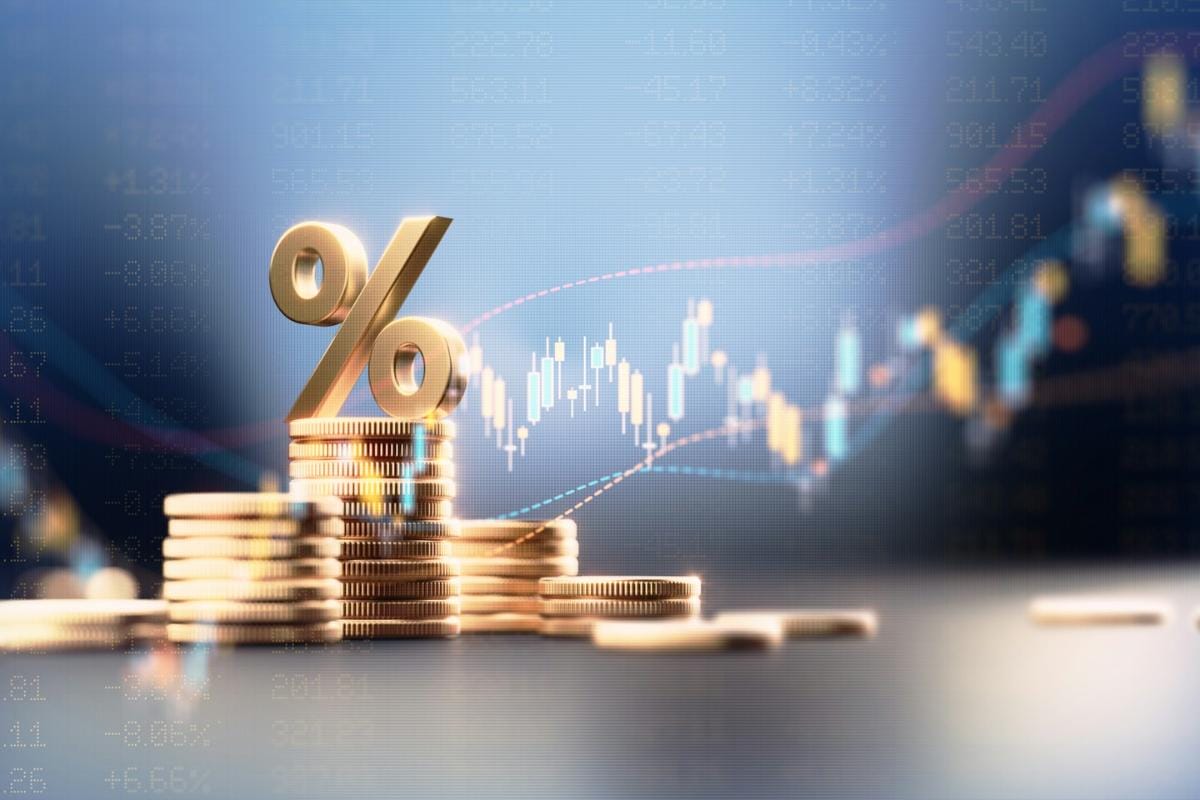Morningstar have released their latest Sustainalytics data today. This latest research busts the myth that ESG investments are more expensive for investors, as commonly assumed due to specialised ESG data, research, and expertise. In a new Morningstar Sustainalytics report, they have compared the representative costs of ESG funds in Europe versus their conventional peers in six of the most popular Morningstar categories and examined the evolution of costs over the past decade for both cohorts and by investment style.
“Investors have been led to believe that ESG-focused funds are more expensive than conventional funds. While there is undoubtedly a wide range of ESG strategies with various price tags out there, we found that, on average, ESG funds don’t charge more than non-ESG funds. This is mainly due to the proliferation of new products and growing competition in the ESG space in recent years.” – Hortense Bioy, Head of Sustainable Investing Research, Morningstar Sustainalytics
Key takeaways from Morningstar’s Sustainalytics analysis include:
- ESG funds are not more expensive than their conventional peers, on average. Their costs have declined in recent years partly because of the proliferation of new strategies and intensifying competition in the ESG space.
- The asset-weighted representative costs for ESG funds in six of the most popular Morningstar categories average 0.83%, compared with 0.90% for conventional funds. These were 1.55% and 1.32%, respectively, one decade ago.
- Active ESG funds exhibit lower costs than their conventional peers in five of the six selected categories, as measured by asset-weighted and simple averages.
- Passive ESG funds tend to be on a par with their non-ESG equivalents in four of the six categories, on an asset-weighted average basis. Emerging markets is the only category where passive ESG funds exhibit notably higher expenses, but the gap remains modest, at 0.05%, on average.
- New active ESG funds launched in recent years charge lower fees than new non-ESG funds. This, however, is not always the case for new passive ESG funds.
- Most rebranded ESG funds have maintained or reduced their costs after rebranding. In 2021, when rebranding activity reached record levels, rebranded ESG funds that reduced or kept their costs unchanged accounted for almost 60% of rebranded funds that year.
















